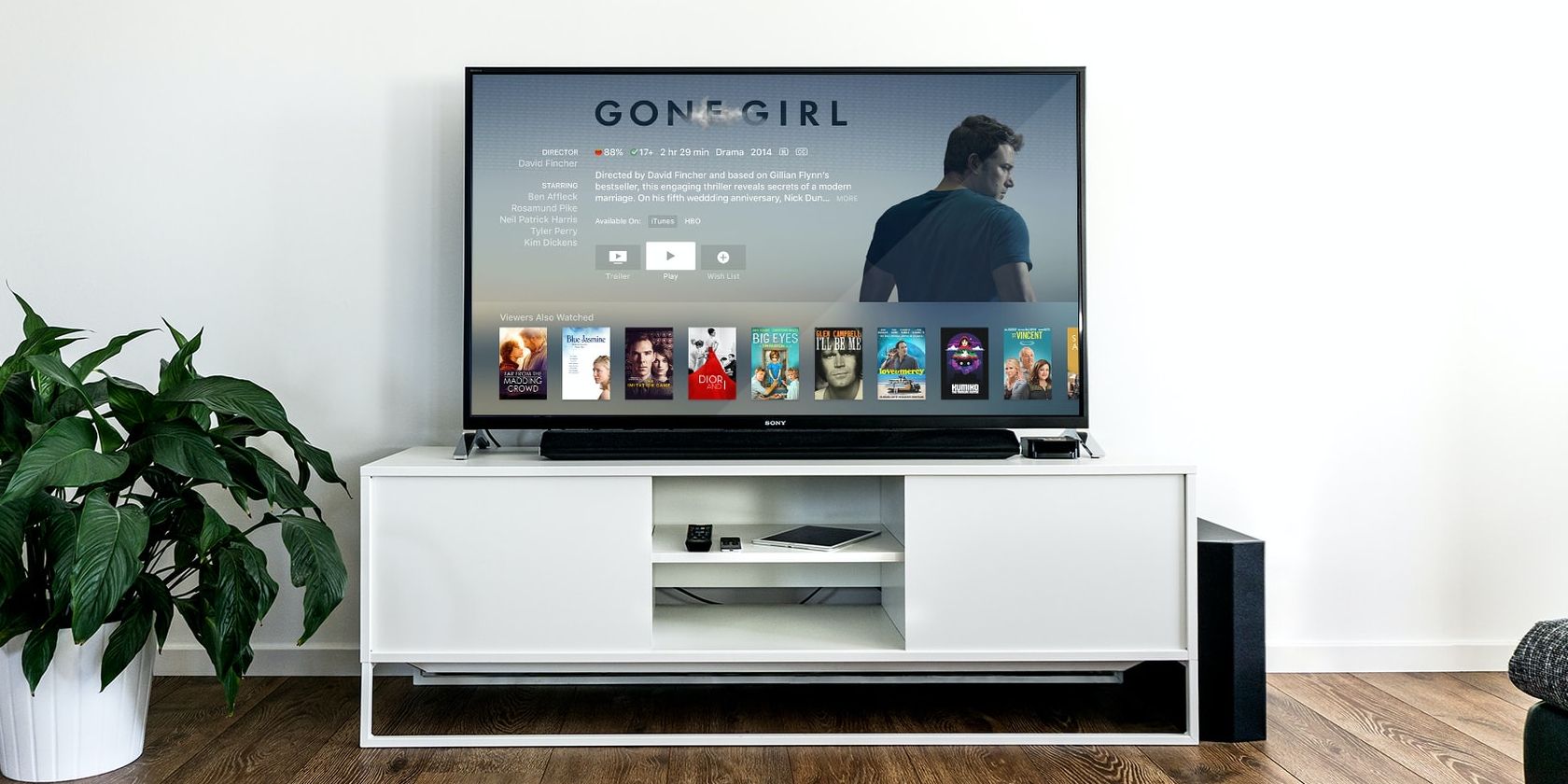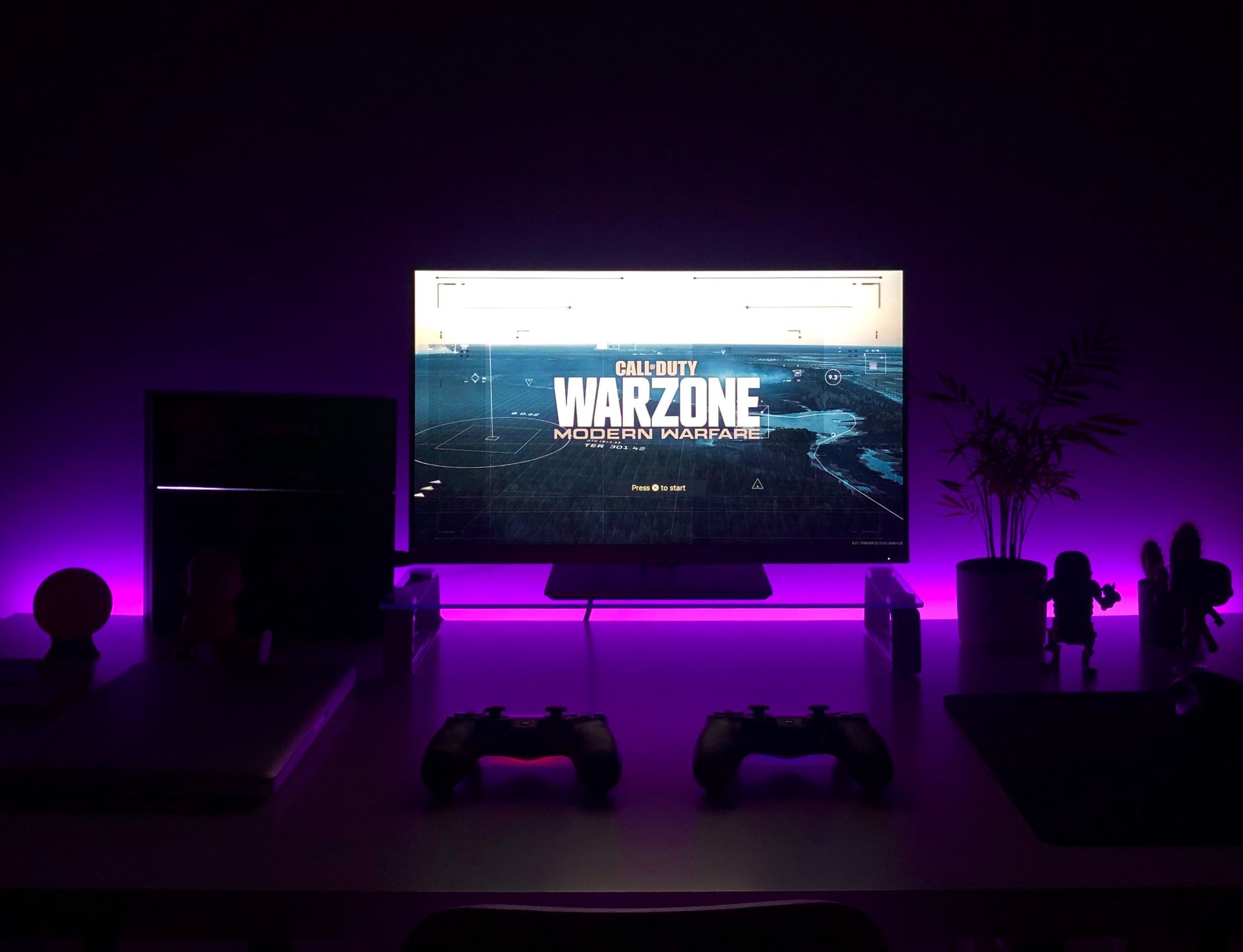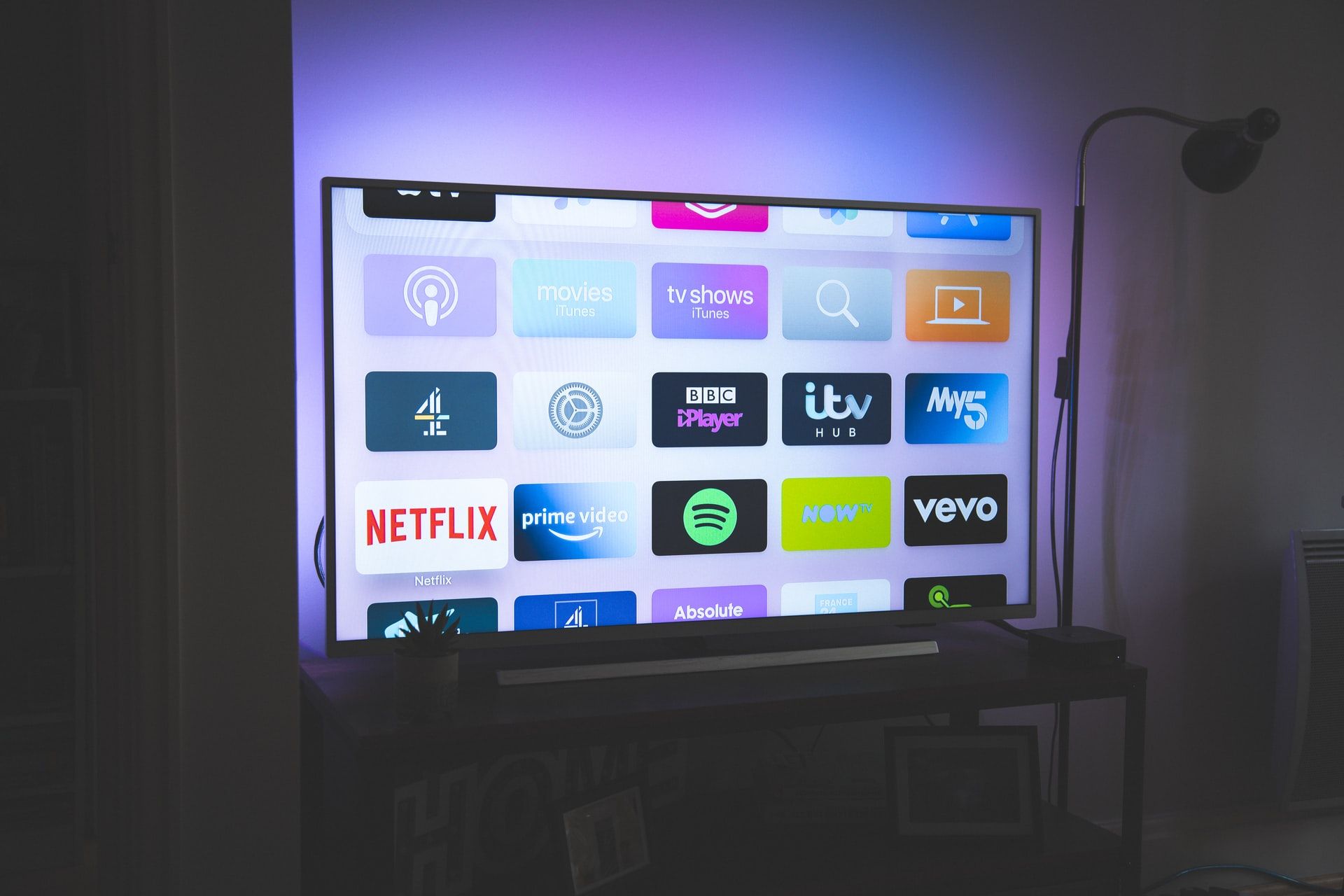In the last couple of years, LG has unveiled televisions that support Dolby Vision IQ, which is supposed to make your HDR experience better. Which begs the question, is Dolby Vision IQ supported in current televisions, or will you have to buy a new television to experience it? What about if you already have Dolby Vision? Is it worth upgrading?
Here's everything you need to know about Dolby Vision IQ.
What Is Dolby Vision IQ?
Dolby Vision IQ is a new feature in certain HDR TVs that will automatically change the display settings in your TV based on lighting conditions in the room. Dolby Vision IQ is built-in software that will reduce glare and give you the best picture possible in regard to vibrant colors and deeper blacks.
Dolby wants Vision IQ to show consumers exactly what the creator of the entertainment you're watching intended, so you don't miss out on a single piece of detail. Watching TV in a bright room may make you miss out on certain darker details. You can compensate for this by going into your television's display settings, but Dolby will automatically adapt your TV's settings based on the room you're watching in, so you don't have to.
How Does Dolby Vision IQ Work?
Dolby uses ambient light sensors inside your TV to detect the brightness of the room you're watching in. Vision IQ will then automatically adapt the display to make the content you're watching look its best. The software will do the same thing when you switch channels or applications. If you're watching a program filled with snow or a beach on a sunny day, then switch to a channel that's showing something much darker, such as outer space, Vision IQ will continue to adapt the display to make the content look as perfect as can be.
Dolby Vision IQ also takes into account the metadata of the content you're watching. Metadata, a description of the images on screen, is added by the colorist of the program you're watching to help televisions show exactly what the creator intended the content to look like.
Combining these together allows Vision IQ to bring consumers the best picture possible without them needing to fiddle with the display's color saturation, brightness, and other settings while watching a program. These settings may not be perfect from scene to scene either, which is why Vision IQ is perfect to never have to touch your display settings again.
Dolby Vision vs. Dolby Vision IQ: What’s Improved?
Some people may be confused, as Dolby already has software called "Vision" in certain TVs. So, what's the difference between Vision and Vision IQ?
Dolby Vision is a proprietary HDR format that is different from HDR10, which is open-source. Dolby Vision is only supported on certain displays and creators must work with Dolby in order for their content to be supported by this HDR format. Vision uses only the dynamic metadata in certain programs to automatically adjust the image scene-by-scene.
If you have a television that supports Dolby Vision, you'll see that there is Dolby Vision Cinema and Vision Cinema Home. Vision Cinema is the default setting that automatically adjusts the image sene-by-scene based on the program's metadata, while Cinema Home does the same thing but with slightly higher brightness to try to adjust for in-home lighting conditions.
Dolby Vision IQ uses the ambient light sensor inside your TV to automatically adjust the HDR picture quality based on the brightness of the room you're watching in, which was not available in Dolby Vision.
What Do You Need for a Dolby Vision IQ Experience?
To experience Dolby Vision IQ, you must have a television that supports this new HDR format. As of the writing of this article, LG, Panasonic, Hisense, and TCL have announced TVs that support Dolby Vision IQ.
So far, neither Sony nor Philips have announced a Vision IQ display, even though both companies have TVs on the market that already support Dolby Vision. One of Philip's newer TVs, the P5 with Mini-LEDs, supports Dolby Vision and many HDR10 formats, including HDR10+ Adaptive. The P5 also has light sensors built-in that support Dolby Vision Bright Mode, which Philips stated should create a similar experience to Vision IQ.
Samsung has decided to not support Dolby VIsion at all and to instead support the open-source HDR10+ and Adaptive formats instead, which rivals Vision IQ.
The following televisions currently support Dolby Vision IQ:
- Panasonic OLED JZ2000
- TCL Mini-LED C825
- Most LG OLED TVs, including 55CX and 65GX
Dolby Vision Content
Don't forget, to enjoy Dolby Vision or Dolby Vision IQ, you'll also need Dolby Vision content. As the Dolby Vision standard is now fairly well catered too, you won't have to look far, with platforms including Netflix, Amazon Prime Video, Apple TV+, and Disney+ all offering support. It also depends on the subscription you have to those services. For example, to watch Dolby Vision content on Netflix, you'll need the Netflix Premium plan that supports UltraHD streaming.
Is Dolby Vision IQ Worth Upgrading Your TV?
So far, the answer is looking like no. If your current TV already supports HDR, you're most likely able to get some beautiful colors out of that display. Since Vision IQ is a proprietary format, not every program supports it either. Having a television that supports the open-source HDR10 format will be just as good, as more programs will support that over Dolby Vision.
Having a TV that supports HDR10+ Adaptive will give you a similar experience to owning a TV that supports Vision IQ, as it also uses an ambient light sensor to adjust the HDR picture quality based on the room's lighting conditions. HDR10 being open-source means that more programs will support this, and thus will be more valuable to the average consumer.




.jpg)